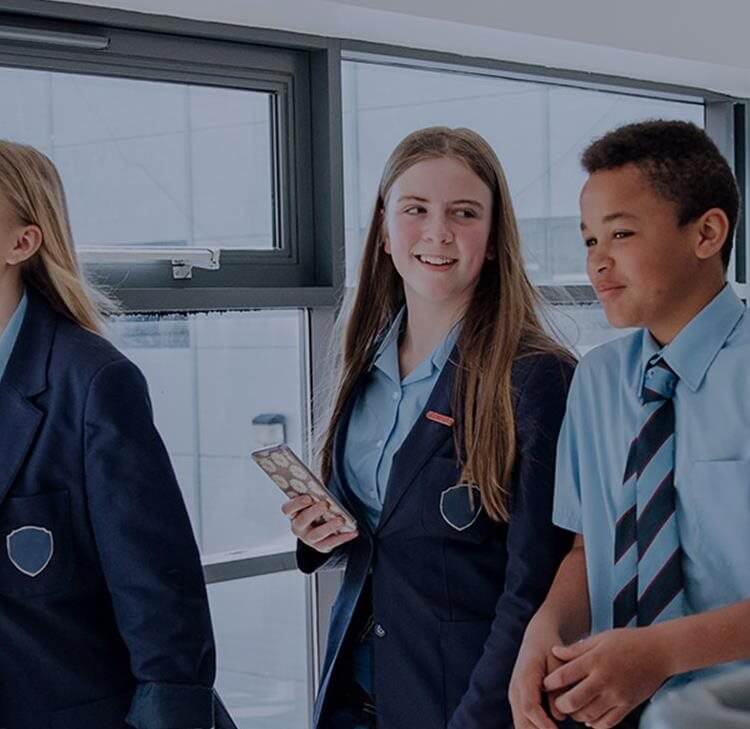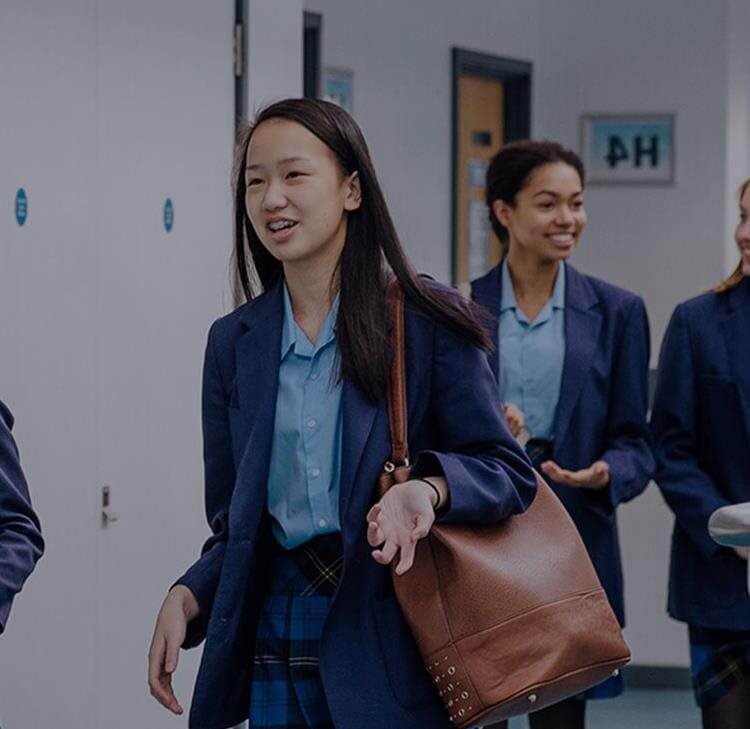Implications of the amended public procurement thresholds
To continue to meet legal obligations, higher education institutions must consider threshold figure changes in the Cabinet Office review.
Every two years, the Cabinet Office is obliged to review the threshold figures contained within: (1) the Defence and Security Public Contracts Regulations 2011; (2) the Public Contracts Regulations 2015; (3) the Concession Contracts Regulations 2016; and (4) the Utilities Contracts Regulations 2016 (the “Procurement Legislation”).
This review is required by virtue of the UK’s participation in the World Trade Organisation Agreement on Government procurement (the “GPA”). The GPA, between 21 parties (including the US and the EU), seeks to ensure open, fair and transparent conditions of competition in the Government procurement market. The practical effect of the GPA is that suppliers from countries party to the agreement are treated equally to domestic suppliers in relation to certain types of procurement opportunities which exceed specified threshold figures.
In order to prepare appropriately and continue to meet their legal obligations, contracting authorities must be aware of the implications of this review and the amended threshold figures.
The 2022 threshold figures
The Public Procurement (Agreement on Government Procurement) (Thresholds) (Amendment) Regulations 2021 (the “Regulations”) contains the revised threshold figures that take effect on 1 January 2022. These revised thresholds will not apply to any procurement which has commenced prior to the Regulations coming into force.
The revised threshold figures are:
| Regulation | Type of Contract | Existing Figure (calculated excl. of VAT) | New Figure (calculated inc. of VAT) |
| Public Contracts Regulations 2015 | Works contracts | £4,733,252 | £5,336,937 |
| Supply and service contracts awarded by central Government | £122,976 | £138,760 | |
| Supply and service contracts awarded by local Government | £189,330 | £213,477 | |
| Utilities Contracts Regulations 2016 | Works contracts | £4,733,252 | £5,336,937 |
| Supply and service contract | £378,660 | £426,955 | |
| Concessions Contracts Regulations 2016 | Concession contracts | £4,733,252 | £5,336,937 |
Higher education institutions will often use the light touch regime for the provision of services linked to the provision of education and the relevant threshold for the award of a service contract has not been changed at £655,540 for both central Government bodies and sub-central authorities, although of course, taking VAT into account means that, as with all the other thresholds there is a decrease in contract value.
Changes to the VAT position
The Regulations amend the VAT position of threshold figures (including the light touch regime). The threshold figures are now calculated inclusive of VAT and are applicable across the Procurement Legislation.
The Government is obliged to make this amendment to the calculation of threshold figures as the EU specific methodology for calculating threshold figures exclusive of VAT no longer applies to the UK. The UK must now accord with the standard methodology adopted by non-EU members of the GPA, which calculates threshold figures inclusive of VAT.
The implications of this VAT change mean that there has in real terms been a reduction in value of the threshold figures. As a result, a number of contracts which may have not have otherwise fallen within the scope of the relevant procurement regimes when calculated net of VAT may now be subject to the Procurement Legislation.
Closer consideration is going to have to be given to:
- Whether an authority that is not liable to pay VAT for certain goods and services, due to its status (charitable or otherwise), is still required to calculate the value of a contract as including VAT, thereby bringing more prospective contracts within the regulated procurement regime. The most risk-free approach would be to include VAT in such a calculation in order to avoid any uncertainty but that is less favourable to those organisations that have beneficial tax status.
- The potential that there is for inequality of treatment between contracting authorities if some do and some do not have to include VAT in their contract value calculations.
Valuing a prospective contract
When determining the best procurement strategy, it is essential to consider the method of calculating the value of any contract.
When calculating the value of a contract, the estimated value must include all contractual costs that are payable over the life of the relevant contact including VAT. It is essential to include costs for the full duration of the contract, any extensions and the cost of any ancillary services or goods that may increase the total value of the contract.
It is important to consider the implications of aggregation on the value of any contract. In order to prevent an authority from purposely avoiding the requirement to carry out a procurement by renewing a contract below the relevant threshold, the value is taken across the amounts payable for not only the life of the contact but also any renewals within a 12 month period for purchasing goods or 48 months for service contracts.
Careful consideration is also required when it comes to the value under framework agreements. Fundamentally, a framework makes it easier to manage the process of testing the market and to streamline the procurement process. Each framework has a finite value and once call-off contracts have been awarded under that framework to that value, then a new separate contract or a new framework is required. It is important that contracting authorities pay close attention to the cumulative value of call-off contracts awarded under a framework in order to avoid any issues with the Procurement Legislation.
In addition to the points raised in this article, there is the ongoing review of the public procurement regime (see here) that may have further impact on calculating thresholds. We will provide further updates and training sessions when the new regime proposals become clearer.
If you would like to discuss any of the above in more detail please contact Anja Beriro.
This article was first published in Linked, a London Universities Publishing Consortium publication on 27 January 2021.
Contact

Anja Beriro
Partner
anja.beriro@brownejacobson.com
+44 (0)115 976 6589
Related expertise
You may be interested in...
Online Event
Wellbeing and financial considerations – practical solutions for challenging times
Press Release
Browne Jacobson collaborates with The GLAA and University of Nottingham to tackle modern slavery and human trafficking
Legal Update
be connected - Spring 2023
Legal Update
Public matters - February 2023
Legal Update
Teacher strikes – lessons learnt so far
Opinion
Can toilet facilities amount to sex discrimination?
Legal Update
New support launched to manage school complaints
Legal Update
Cyber security and data breaches
Legal Update
#EdCon2023 virtual event hailed a success
Legal Update
Procurement Bill debarment regime and ECHR issues
Published Article
Digital Twin Technologies: key legal contractual considerations
Guide
Public procurement: key facts and compliance considerations
Online Event
Flexible working in schools webinar
Legal Update
What does the new Provider Access Legislation mean for schools?
Legal Update
High Court dismisses Welsh RSE right to withdraw claim
Opinion
Term-time school worker entitled to national minimum wage for unworked basic hours
On-Demand
Industrial action essentials: what you need to know
Published Article
Reaching Cloud Nine?
Legal Update
Education Software Solutions Limited breaks against the CMA’s intervention: A victory for freedom and flexibility in contracting for MIS services
On-Demand
The Subsidy Control Act 2022. Putting the new regime into practice
Legal Update
Safeguarding at scale report published
Legal Update
Trade unions announce plans to re-ballot members
Legal Update
Widespread industrial action now confirmed for schools
Legal Update
Industrial action and minimum service levels within education
Opinion
Consultation on holiday entitlement – part-year and irregular workers
Guide
FAQs - converting to academy status
Guide
FAQs - becoming a sponsored academy
Guide
FAQs - becoming an academy sponsor
Guide
FAQs – single academy joining a MAT
Legal Update
EdCon2023 launch: Thursday 12 January
Legal Update
The importance of understanding the transitional provisions under the Electronic Communications Code
Legal Update
Biodiversity Net Gain: positive for nature and an opportunity for landowners
Legal Update
Discrimination comes of age
Guide
#EdCon2023: Access a range of expert guidance and resources at our FREE virtual conference
Legal Update
be prepared for the 2022-23 academic year
Legal Update
Teacher Pay Survey 2022
Legal Update
be connected newsletter for schools - Winter 2022
Guide
Good governance essential to avoid falling foul of the ESFA
There’s been little evidence of interventions or financial management reviews this year and it appears the Education and Skills Funding Agency (ESFA) has re-focussed on financial delivery. It’s also telling that there were no discernible changes to the reporting of financial irregularities in the Academies Trust Handbook 2022.
Legal Update
Children's commissioner recommendations for SEND reform
The Children’s Commissioner, Rachel De Souza, has recently published a report “Beyond the labels: a SEND system which works for every child, every time”, which she intends to sit alongside the DfE’s SEND Review (2019) and SEND Green Paper (2022) and which she hopes will put children’s voices at the heart of the government’s review of SEND system.
Legal Update
School complaint management - exploring a new way forward
There’s greater opportunity than ever for parents, carers and guardians to voice any concerns they have relating to their child’s education and for their concerns to be heard and to be taken seriously. While most staff in schools and academies are conscious of their legal duties relating to complaints management, many are struggling to cope with such a significant increase in the volume of complaints they must manage.


































